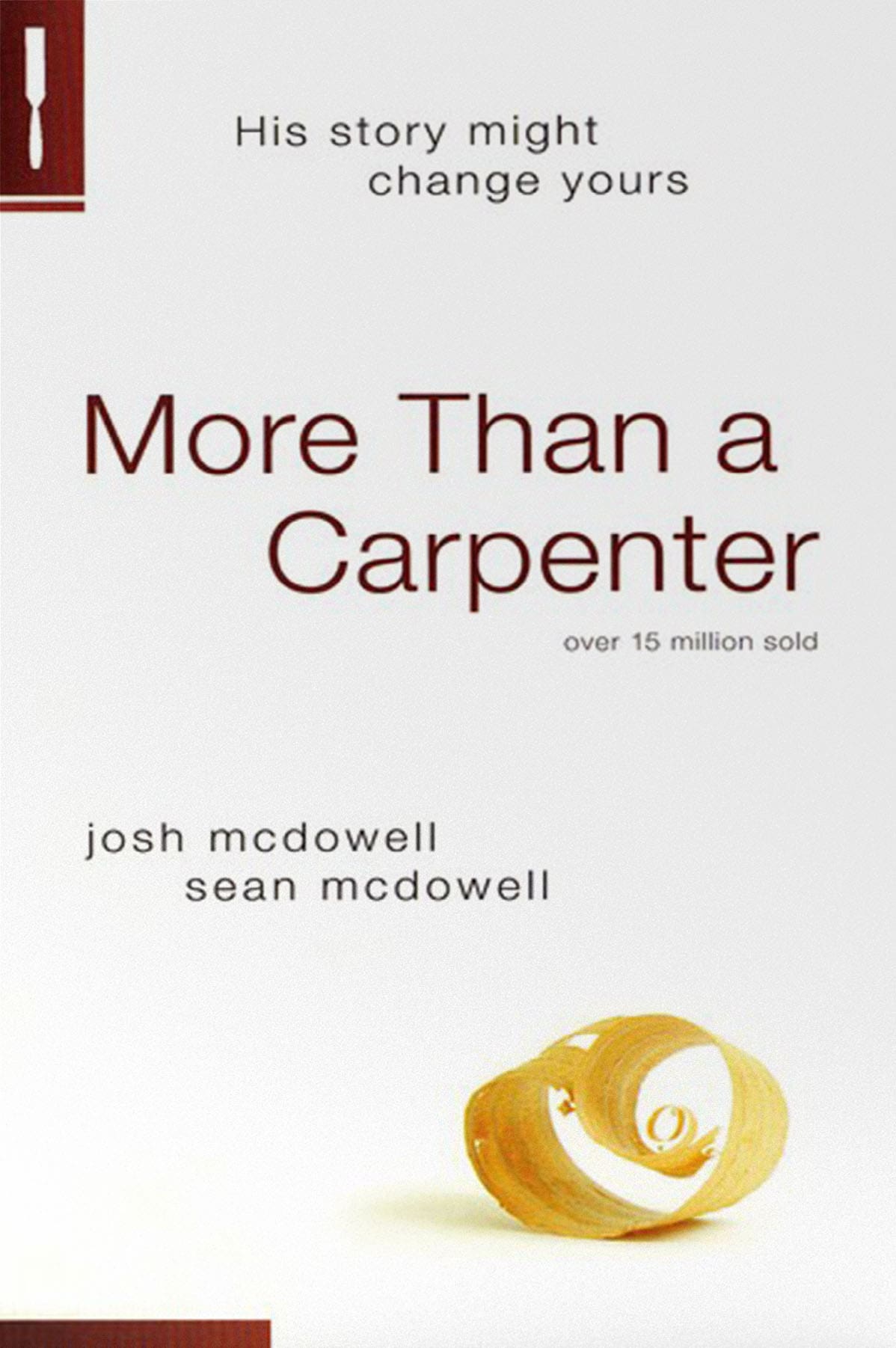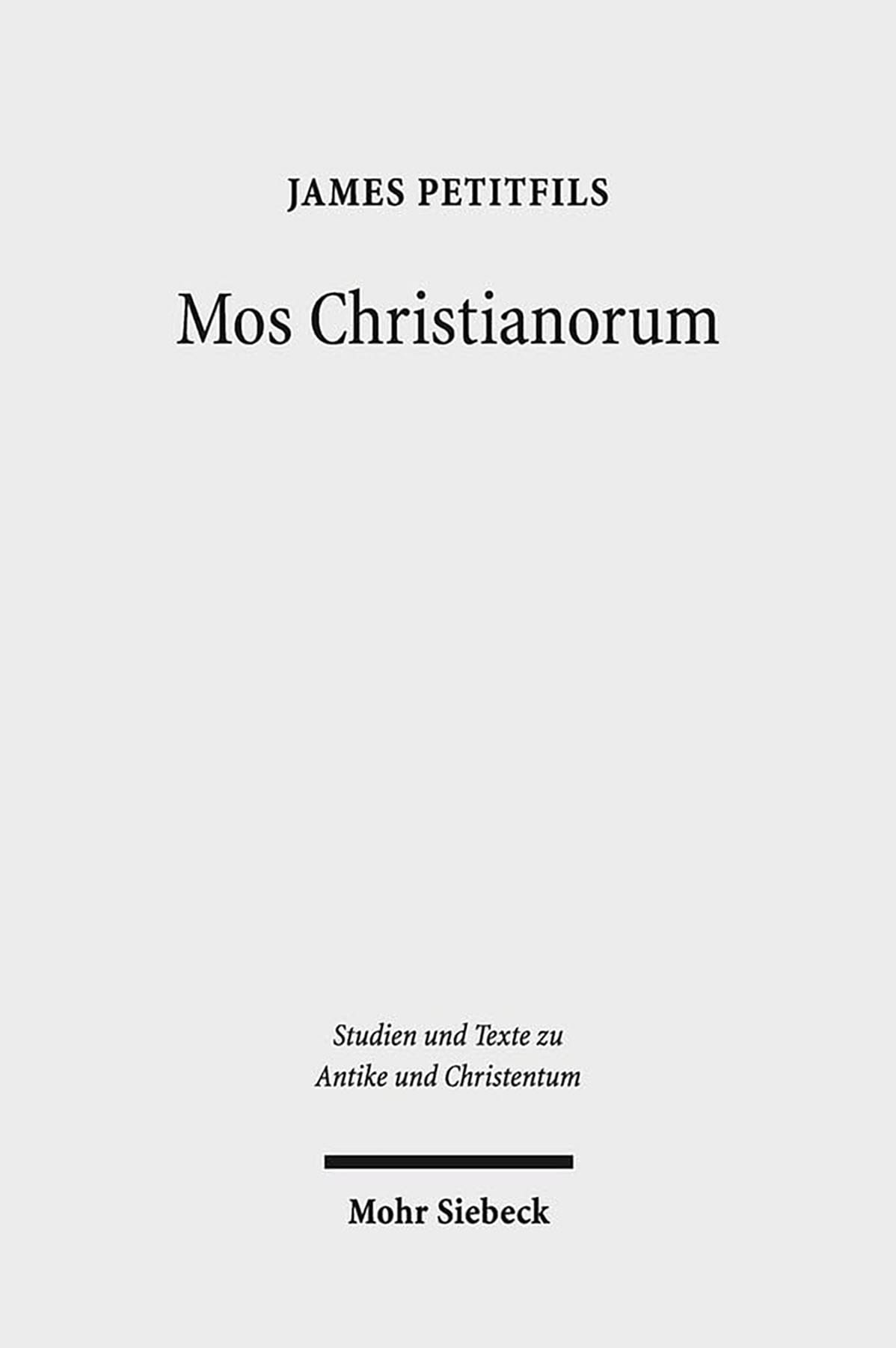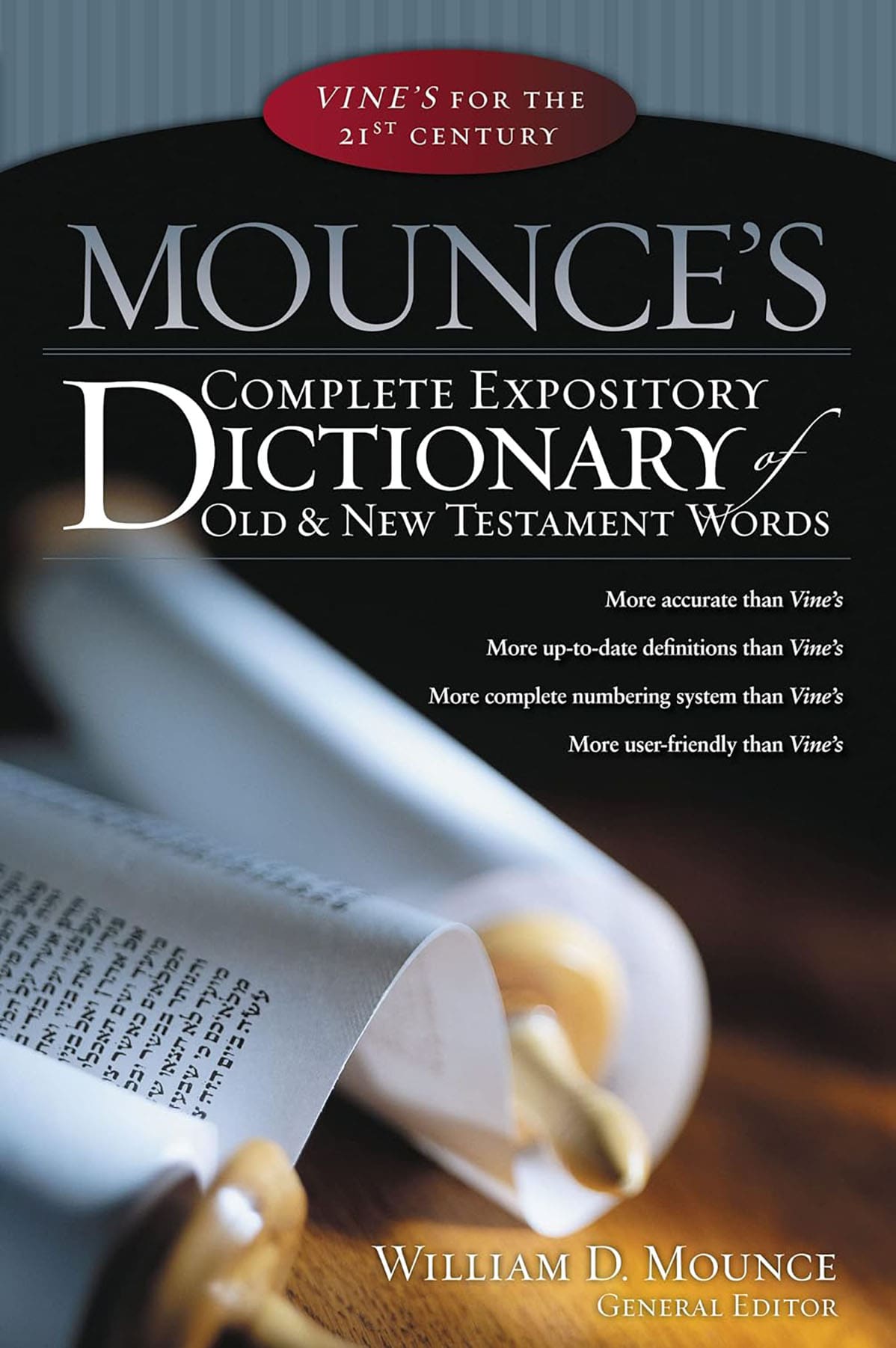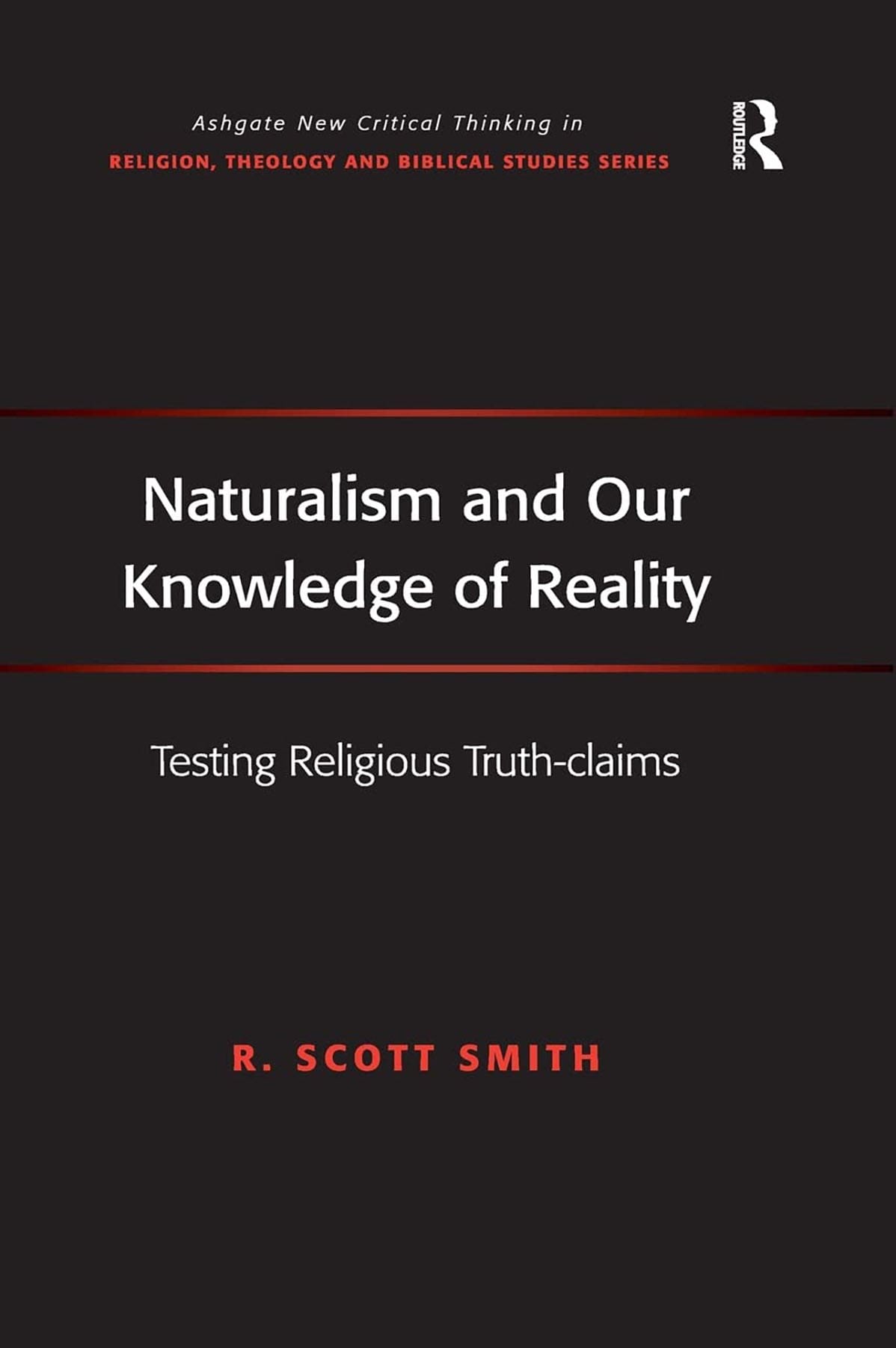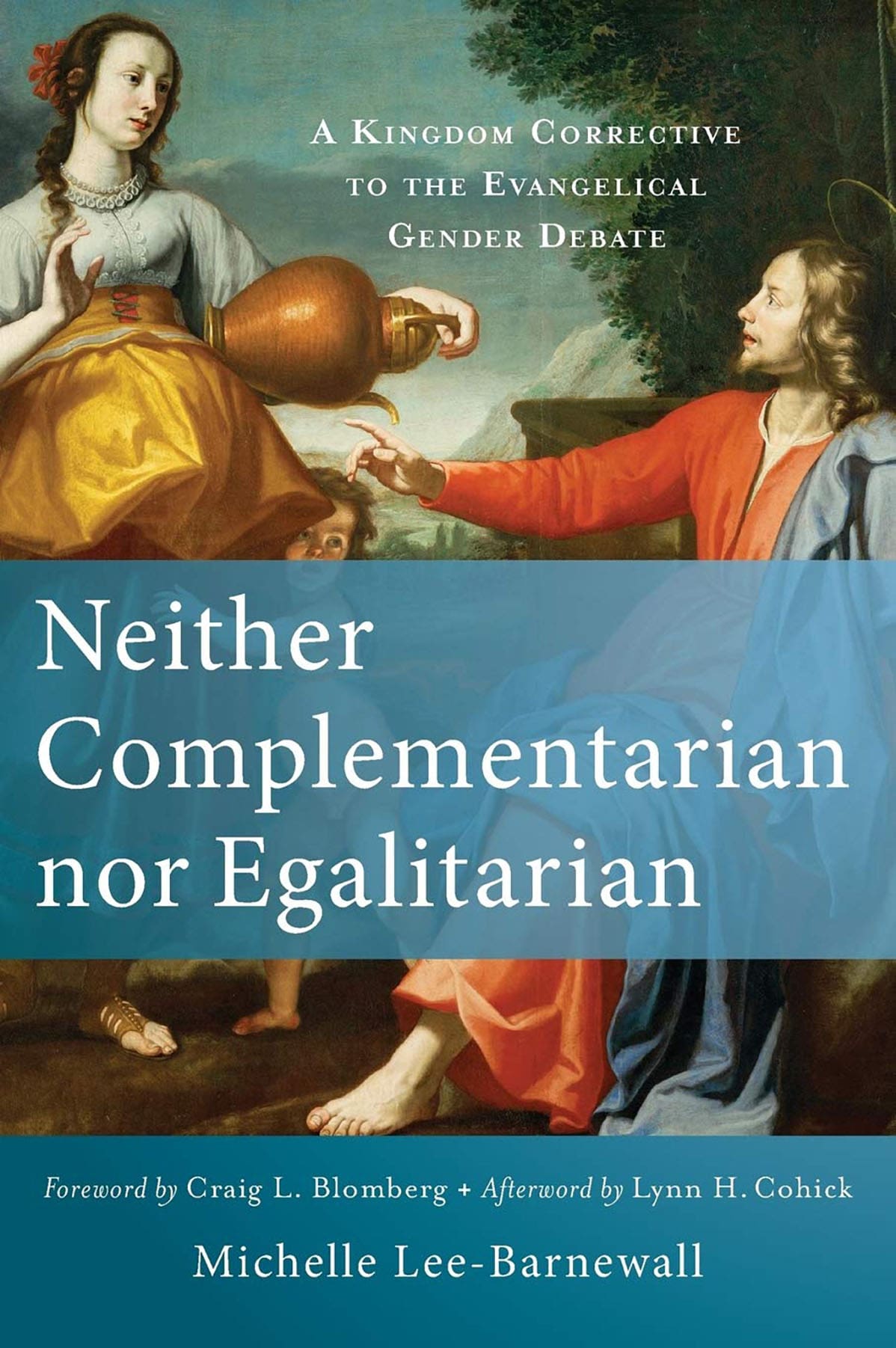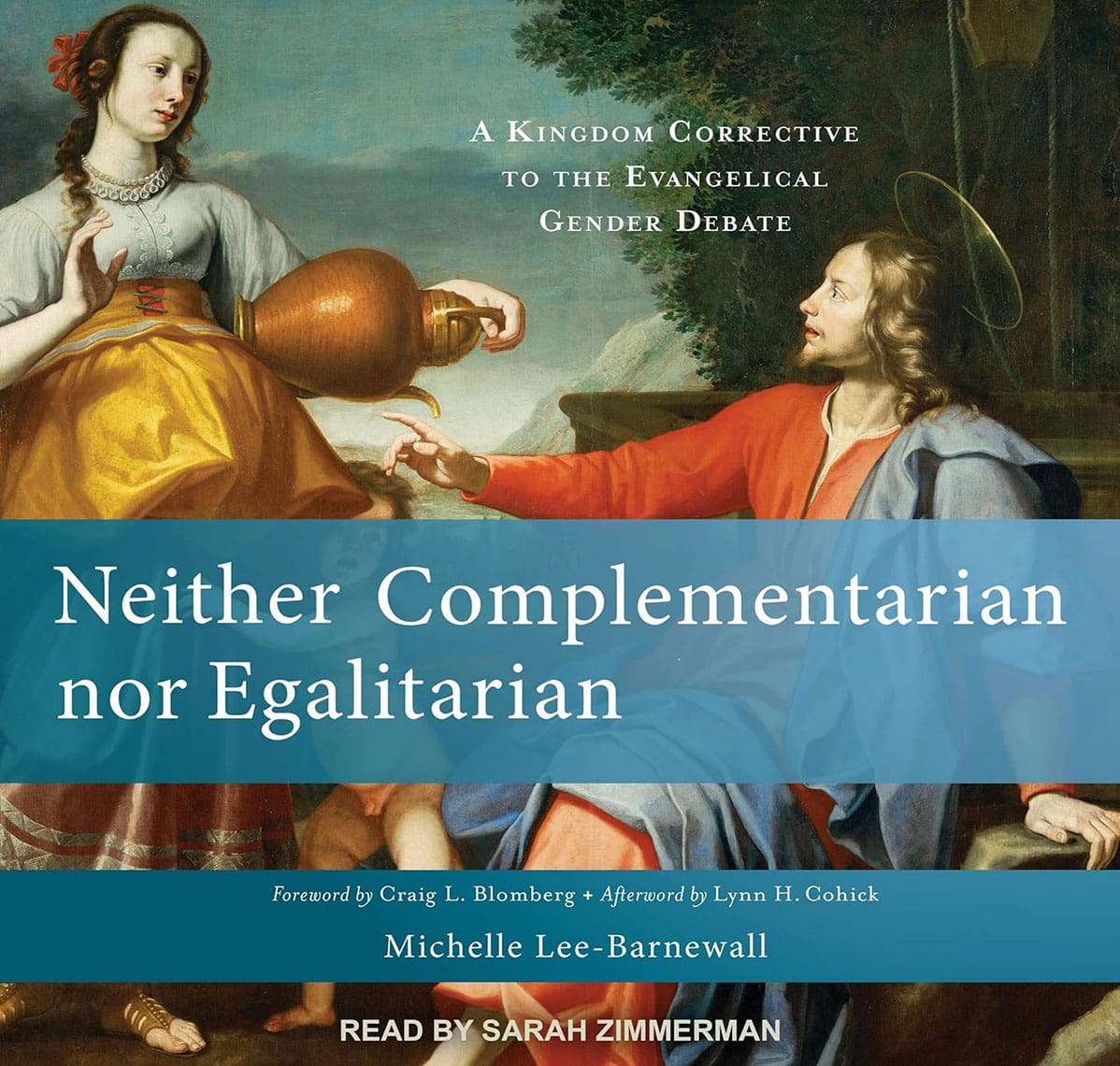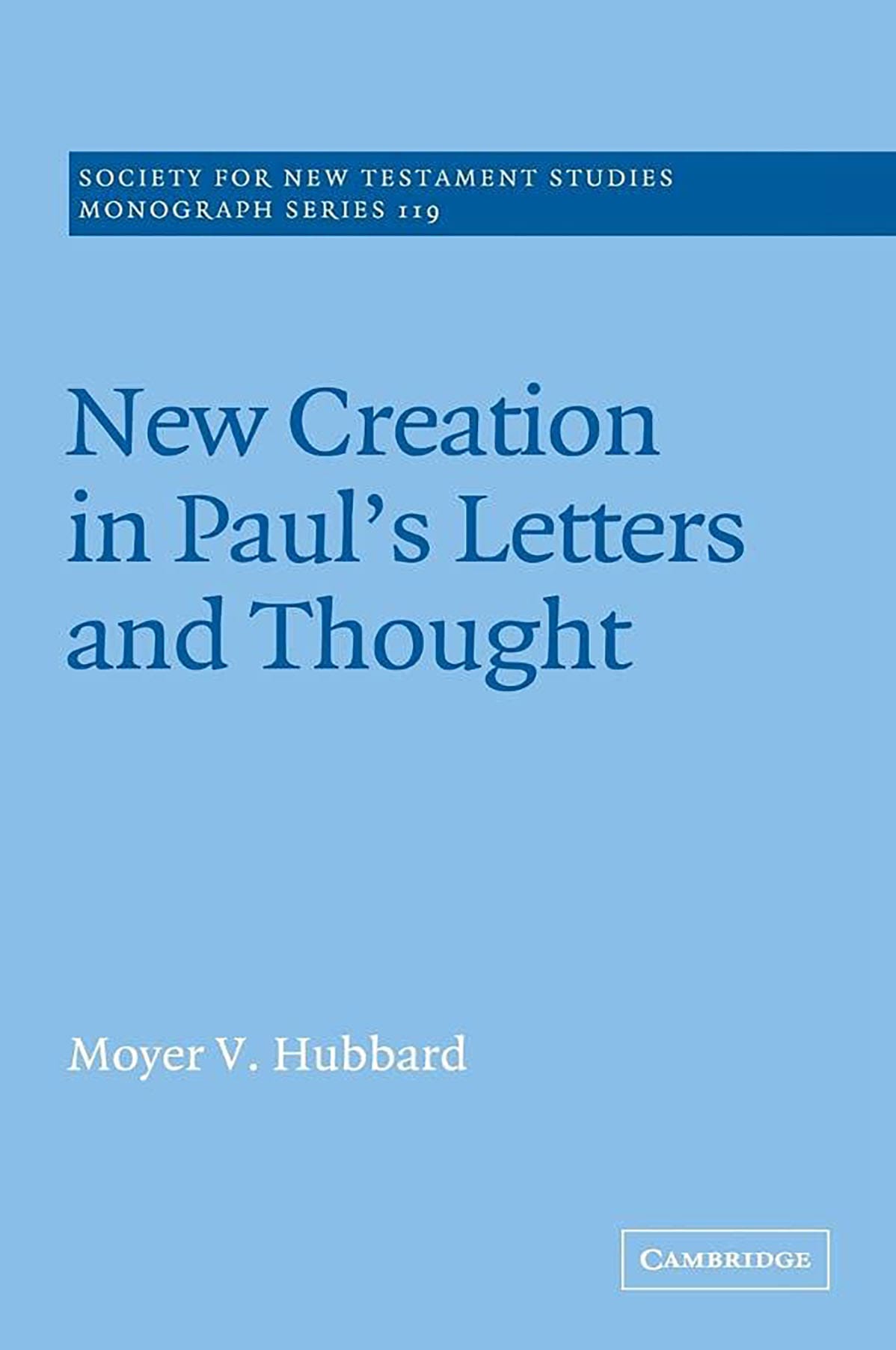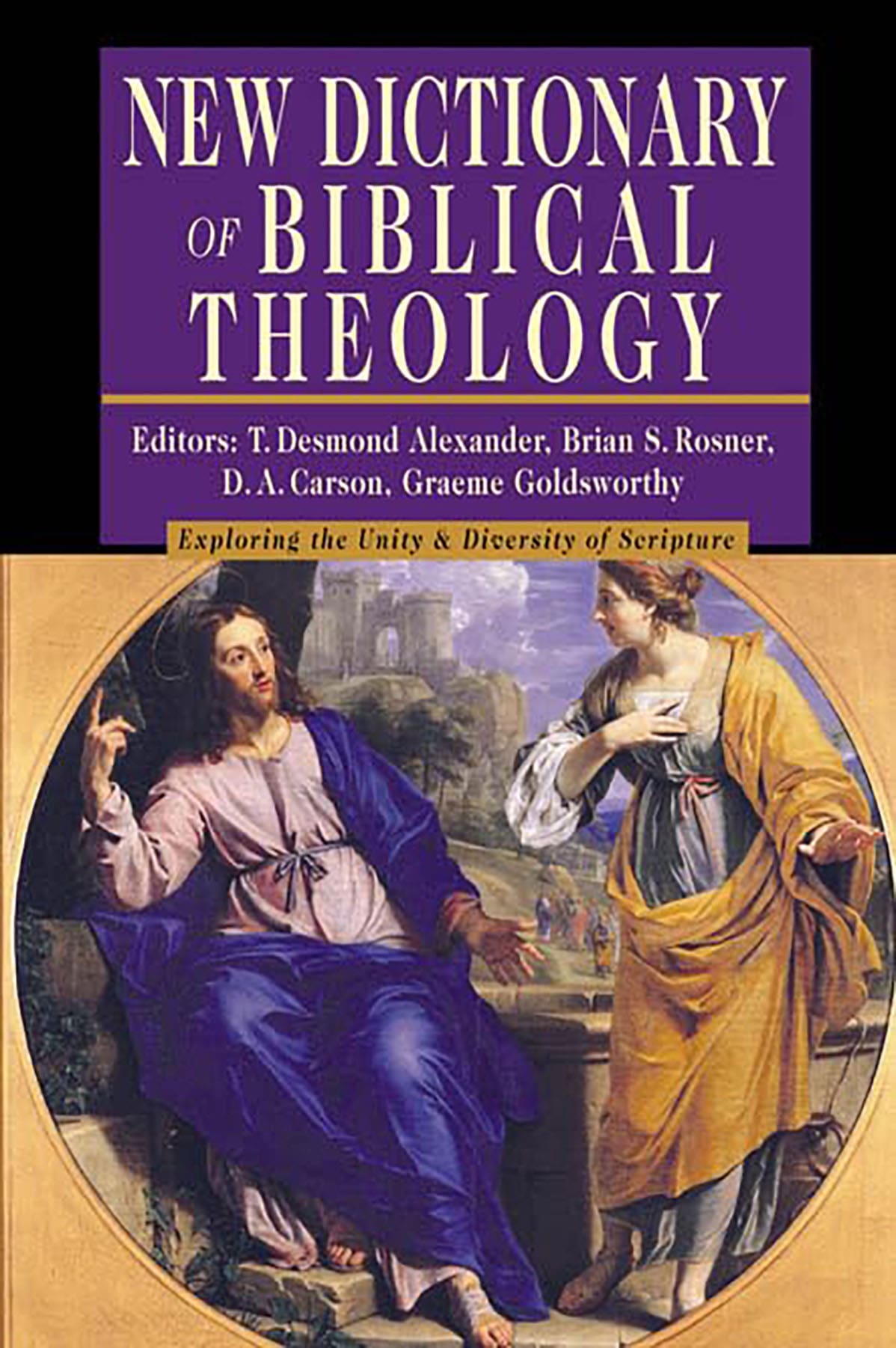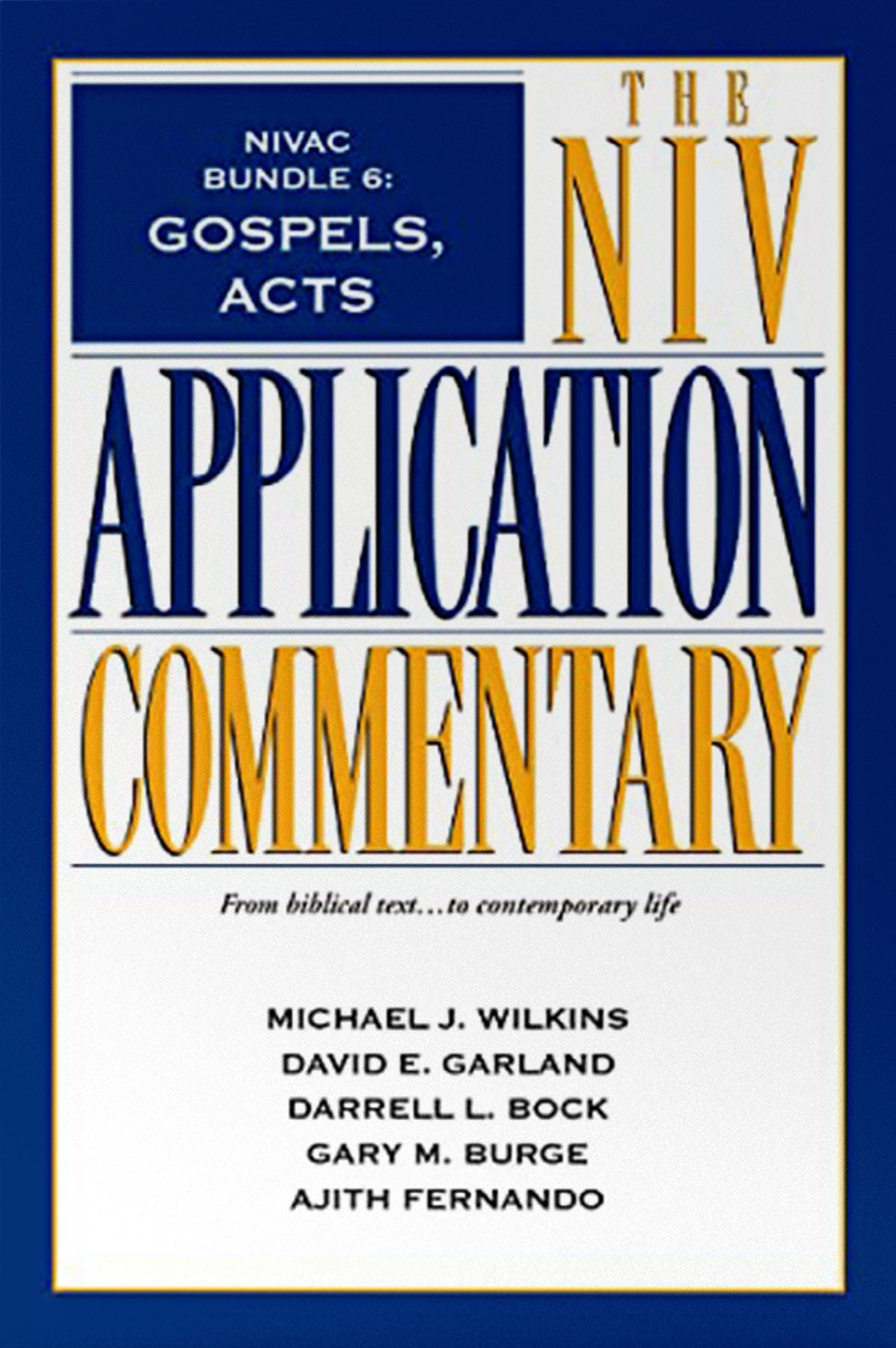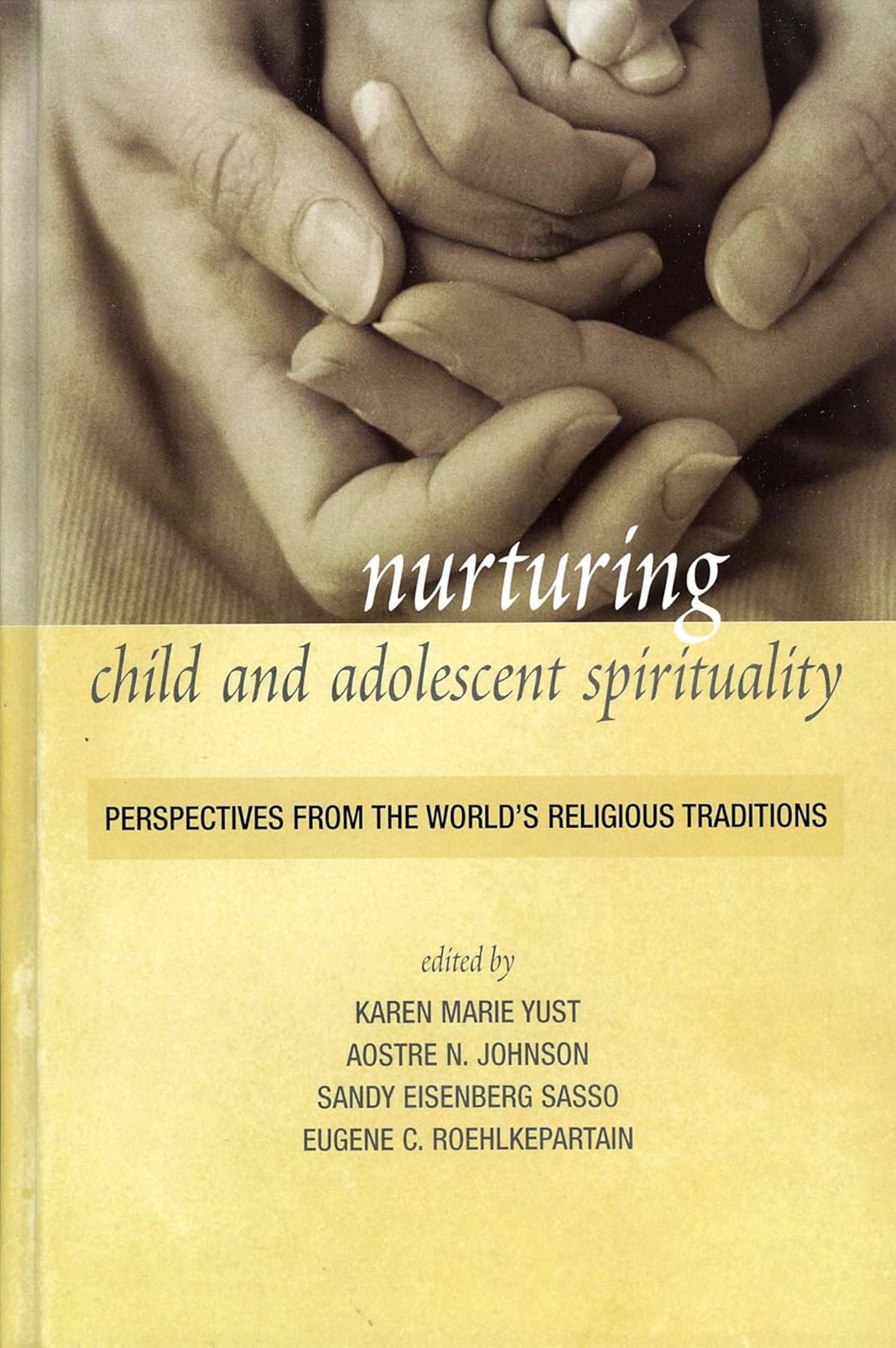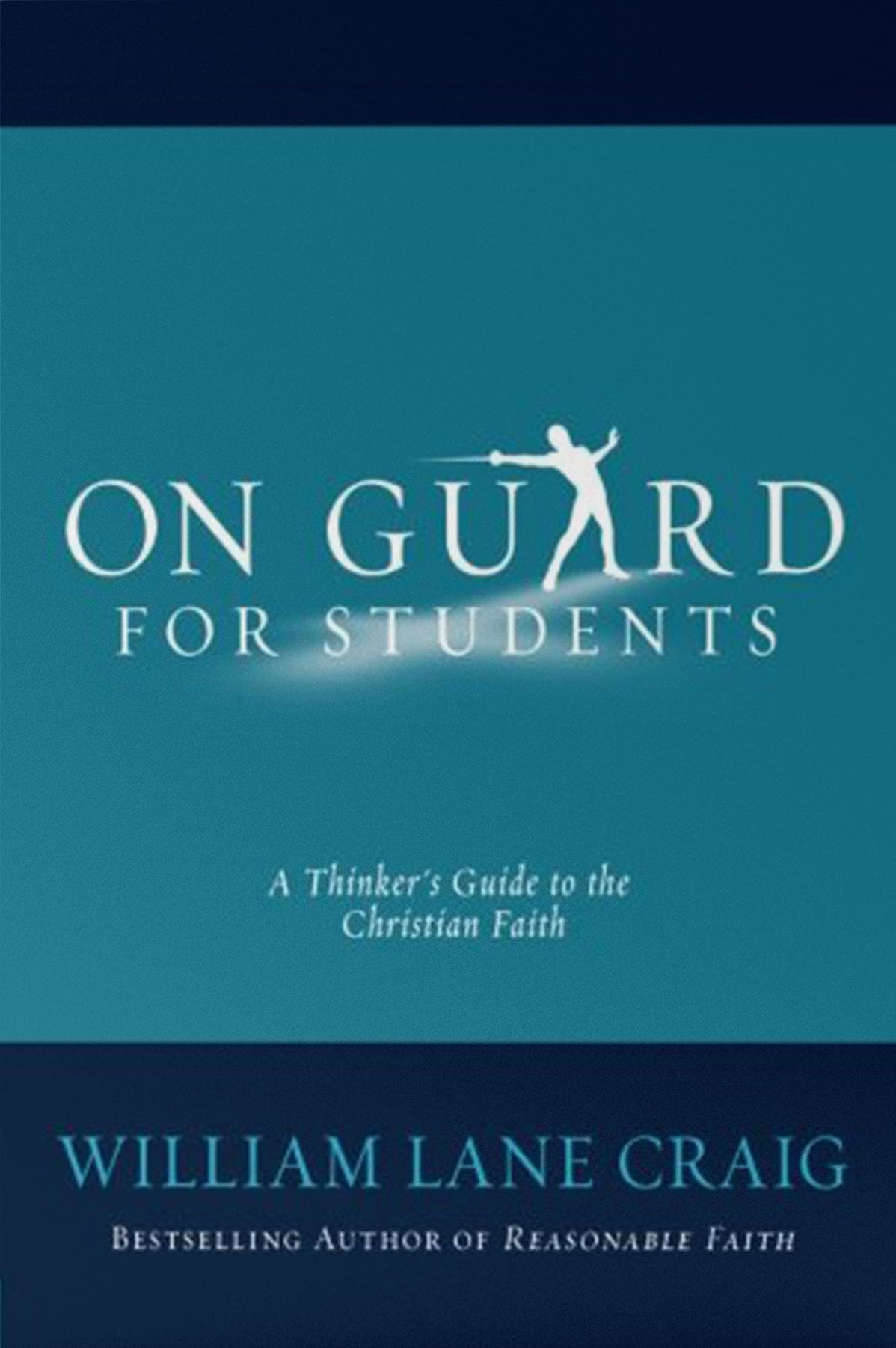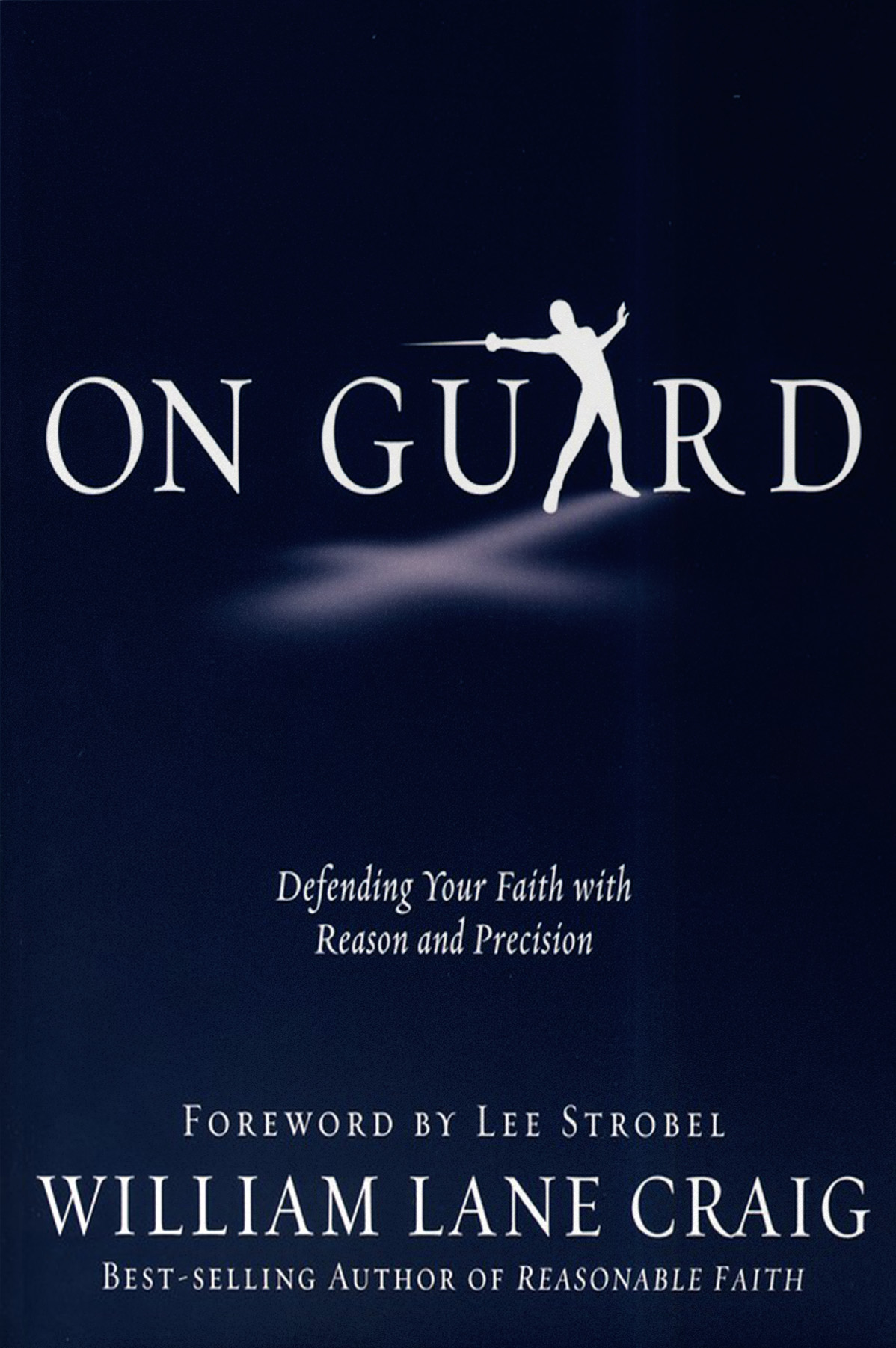The New Dictionary of Biblical Theology will quickly establish itself as an essential building block of every library of basic biblical reference books. Building on its companion volumes, the New Bible Dictionary and New Bible Commentary, this work takes readers to a higher vantage point where they can view the thematic terrain of the Bible in its canonical wholeness. In addition, it fills the interpretive space between those volumes and the New Dictionary of Theology. At the heart of this work is an A-to-Z encyclopedia of over 200 key biblical-theological themes such as atonement, creation, eschatology, Israel, Jesus Christ, the kingdom of God, redemption, suffering, wisdom and worship.

